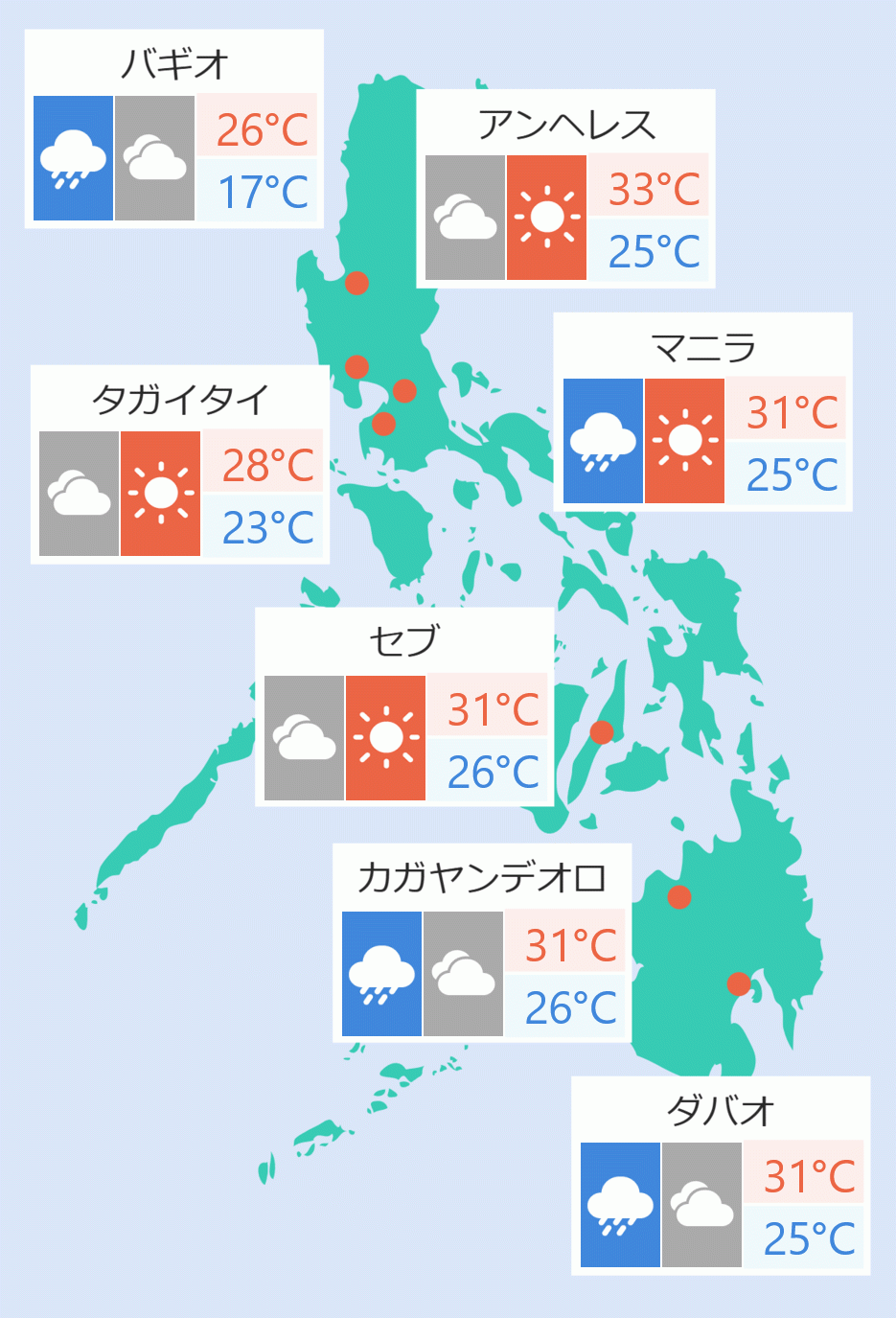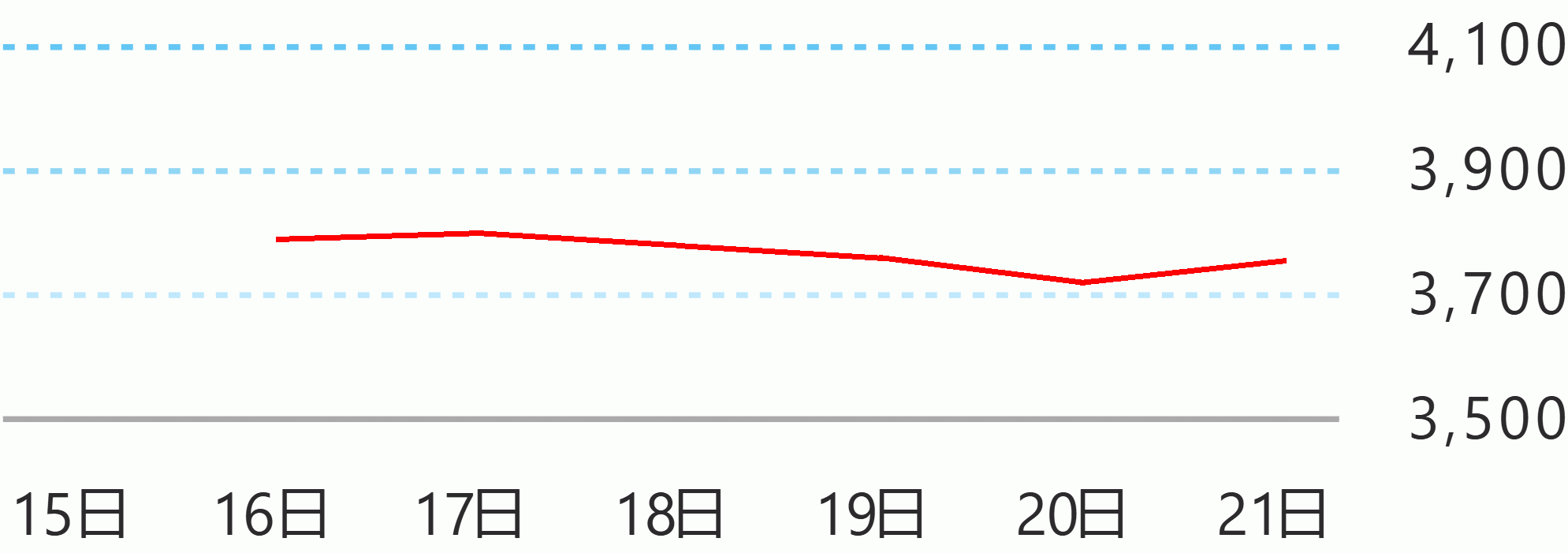Past incidents involving China, which apparently have caused some Southeast Asian countries, including the Philippines, to call for the immediate conclusion of the code of conduct in South China Sea, have to be mentioned either in the ASEAN joint statement or in an annex, a Philippine official said on Monday.
In a press conference in Nonthaburi, Thailand, Finance Secretary Carlos Dominguez III said one of the main goals in the 35th ASEAN Summit and Related Summits is to "remove big uncertainty and this is the uncertainty in the South China Sea."
He said the idea was essentially to push for the finalization of the code of conduct between ASEAN and China.
Four ASEAN countries, namely the Philippines, Brunei, Malaysia, and Vietnam, and China have claims in the South China Sea.
China, which has been claiming almost the entire area and which built artificial islands, has been engaged in massive activities, including patrolling, in the area even inside the exclusive economic zone and territorial waters of other claimant countries.
Reports have said Vietnam would like to include specific incidents in the South China Sea in the ASEAN joint leaders' statement, while others were inclined to just include a more general statement regarding the issue.
Asked of the Philippine position on the matter, Dominguez said, "whether we will go into great detail mentioning specific incidents or not is really subject to discussion among all the parties."
"I think just off the cap, I think it's very important that recognition of past incidences have to be referred to, I don't know if they have to be referred to in the body of the agreement or may be in an annex. But definitely examples of how uncertainties have to be taken into consideration," he said.
Meanwhile, President Rodrigo Duterte and some other ASEAN leaders skipped the summit with the United States.
Dominguez said it was just "a matter of proper balance" since US President Donald Trump was represented by his National Security Adviser Robert O'Brien.
But he said Trump was "missed" in the regional summit. The US leader's absence, however, did not affect America's reliability as ASEAN partner.
"For reliability we better look at their actions, rather than their presence," he said.
The only ASEAN leaders who reportedly attended in the summit with US were Thailand Prime Minister Prayut Chan-o-cha, chair of the 35th ASEAN Summit, Laos Prime Minister Thongloun Sisoulith and Vietnam Prime Minister Nguyen Xuan Phuc. Celerina Monte/DMS




 English
English









